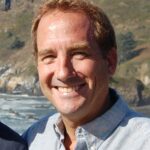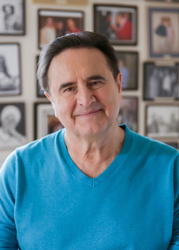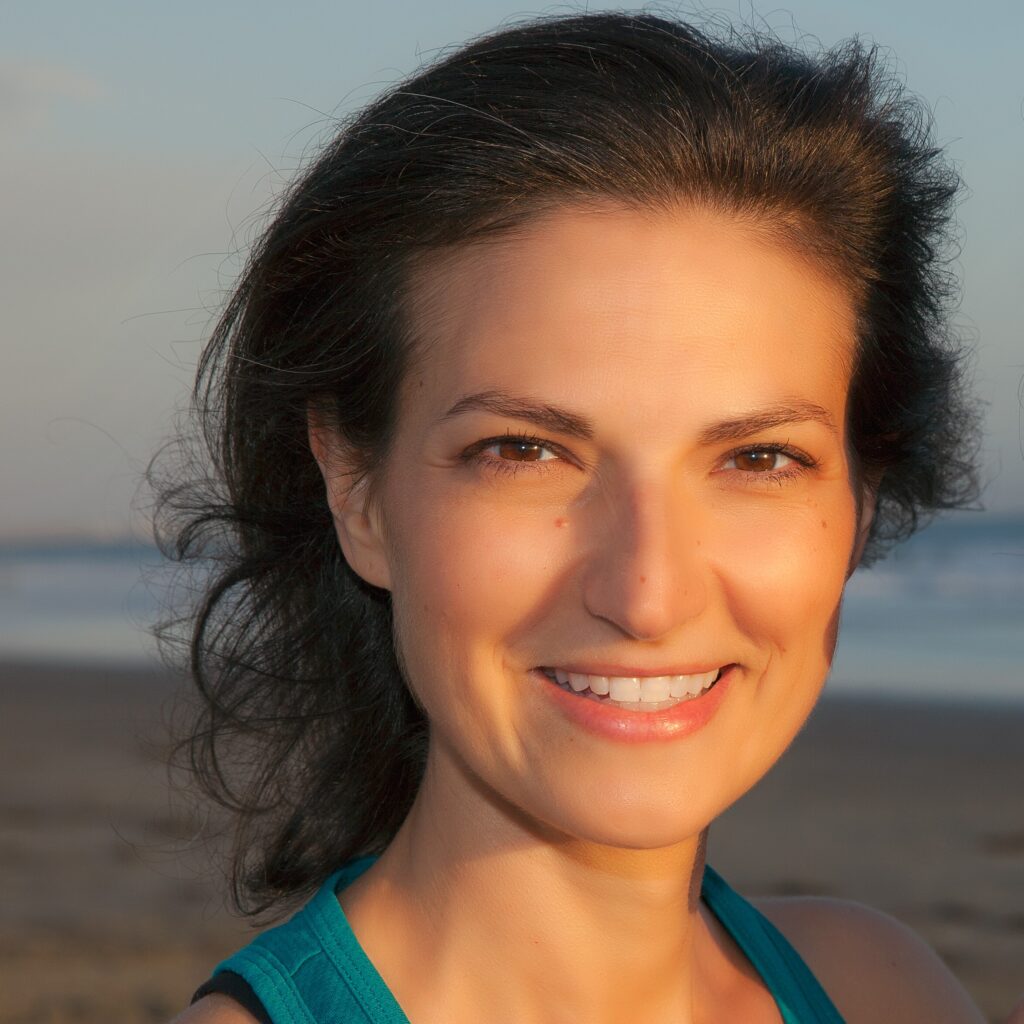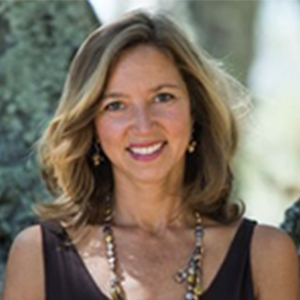Rainforests of the Sea
 MARK HIXON is a professor in the School of Life Sciences at the University of Hawai‘i at Mānoa. He is the Sidney and Erika Hsiao [rhymes with “chow” but starts with an “sh” sound] Endowed Chair in Marine Biology, and serves as Chair of the Zoology Graduate Program. His expertise is marine ecology and conservation biology, especially regarding coral reefs, which he has studied in many locales around the world. Mark completed his graduate work at the University of California at Santa Barbara, where he studied the ecology kelp forests. He was then a National Science Foundation Postdoctoral Fellow at the University of Hawai‘i, where he began his studies of coral reefs in the late 1970s. From 1984 to 2012, Mark was a professor at Oregon State University, then was recruited back to UH as an endowed professor in 2013.
MARK HIXON is a professor in the School of Life Sciences at the University of Hawai‘i at Mānoa. He is the Sidney and Erika Hsiao [rhymes with “chow” but starts with an “sh” sound] Endowed Chair in Marine Biology, and serves as Chair of the Zoology Graduate Program. His expertise is marine ecology and conservation biology, especially regarding coral reefs, which he has studied in many locales around the world. Mark completed his graduate work at the University of California at Santa Barbara, where he studied the ecology kelp forests. He was then a National Science Foundation Postdoctoral Fellow at the University of Hawai‘i, where he began his studies of coral reefs in the late 1970s. From 1984 to 2012, Mark was a professor at Oregon State University, then was recruited back to UH as an endowed professor in 2013.
His research addresses the questions of what determines the number of fish in the sea, how so many different species naturally coexist with each other, and how marine reserves and artificial reefs help to conserve sea life and enhance fisheries. In 2004, Mark was recognized by the Institute for Scientific Information Citation Index as the most cited scientific author on coral-reef ecology in the United States. A Fulbright Senior Scholar, Aldo Leopold Fellow, and Fellow of the International Coral Reef Society, Mark serves on the editorial boards of multiple scientific journals. He is past chair of both the Marine Protected Areas Federal Advisory Committee for the National Oceanic and Atmospheric Administration (NOAA), and the Ocean Sciences Advisory Committee for the National Science Foundation (NSF). Mark has won various awards for teaching, and his public outreach includes TED talks and appearances on the PBS TV show Saving the Oceans. This year he was recognized as the Scientist of the Year by the ARCS Foundation Honolulu Chapter for his “remarkable record of research and publication in the area of marine ecology and conservation biology, as a mentor to graduate students, and for efforts to educate the public about threats to our coral reefs.”
Discover more

Yoga Therapy
Larry Payne

Virtual Yoga Therapy Class
Stacey Filice

The Brain Unmasked
Jacqueline Chan